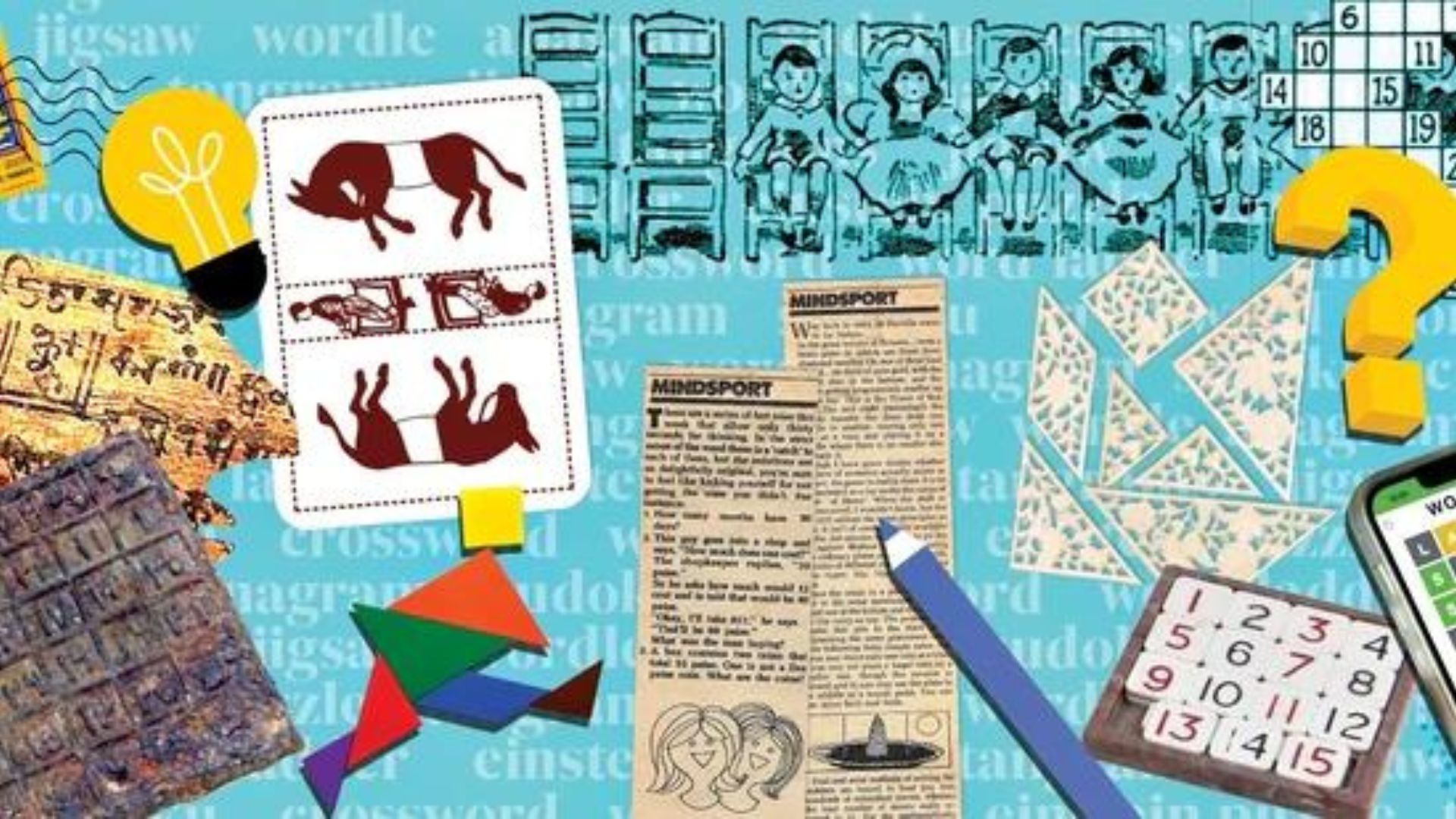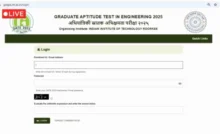Vedic mathematics, a collection of ancient Indian mathematical techniques, has been gaining popularity among students worldwide for its simplicity and efficiency in solving complex arithmetic problems. Originating from the ancient Indian scriptures known as the Vedas, these techniques offer a unique approach to calculations, making mathematics more accessible and enjoyable for learners of all ages.
Historical Background
Vedic mathematics is based on 16 sutras (formulas) and 13 sub-sutras (corollaries) derived from the Atharva Veda, an ancient Indian text. These sutras provide shortcuts and mental calculation techniques that simplify various mathematical operations, including multiplication, division, algebra, and geometry. The system was revived in the early 20th century by Bharati Krishna Tirthaji, an Indian mathematician and scholar, who compiled these methods into a coherent framework.
Key Techniques
- Vertically and Crosswise: This technique simplifies multiplication of large numbers by breaking them down into smaller, more manageable parts. For example, multiplying 98 by 97 can be done quickly by recognizing the base of 100 and applying simple arithmetic operations.
- Nikhilam Sutra: This method is particularly useful for multiplication and division, especially when numbers are close to powers of 10. It involves finding the complement of the numbers and using it to simplify the calculation.
- Paravartya Yojayet: This technique is used for solving algebraic equations and involves transposing terms to simplify the equation-solving process.
- Ekadhikena Purvena: Often used in division, this method involves increasing the divisor by one and simplifying the calculation process.
Benefits for Students
- Speed and Accuracy: Vedic mathematics techniques enable students to perform calculations faster and with greater accuracy, which is especially beneficial during competitive exams.
- Mental Calculation: By promoting mental arithmetic, Vedic mathematics enhances cognitive abilities and improves concentration and memory.
- Confidence Boost: Mastery of these techniques can significantly boost a student’s confidence in their mathematical abilities, reducing math anxiety.
- Foundation for Advanced Mathematics: Understanding Vedic mathematics can provide a strong foundation for more advanced mathematical concepts and problem-solving skills.
Growing Popularity
The increasing popularity of Vedic mathematics among students can be attributed to several factors:
- Educational Programs and Workshops: Many schools and educational institutions have started incorporating Vedic mathematics into their curricula through specialized programs and workshops. These initiatives are designed to make learning math more engaging and interactive.
- Online Resources: The proliferation of online tutorials, courses, and apps has made Vedic mathematics more accessible to a global audience. Students can now learn and practice these techniques at their own pace.
- Competitive Exams: With the growing emphasis on speed and accuracy in competitive exams, more students are turning to Vedic mathematics to gain an edge. The techniques are particularly popular among aspirants of exams like IIT-JEE, CAT, and GMAT.
- Parental Encouragement: Parents who are aware of the benefits of Vedic mathematics are encouraging their children to learn these techniques from a young age, recognizing the long-term advantages for academic success.
Vedic mathematics is revolutionizing the way students approach and understand mathematics. Its ancient wisdom, combined with modern applications, offers a powerful tool for enhancing mathematical skills. As its popularity continues to grow, more students are likely to benefit from the simplicity, speed, and accuracy that Vedic mathematics provides, making math a more enjoyable and rewarding subject.










